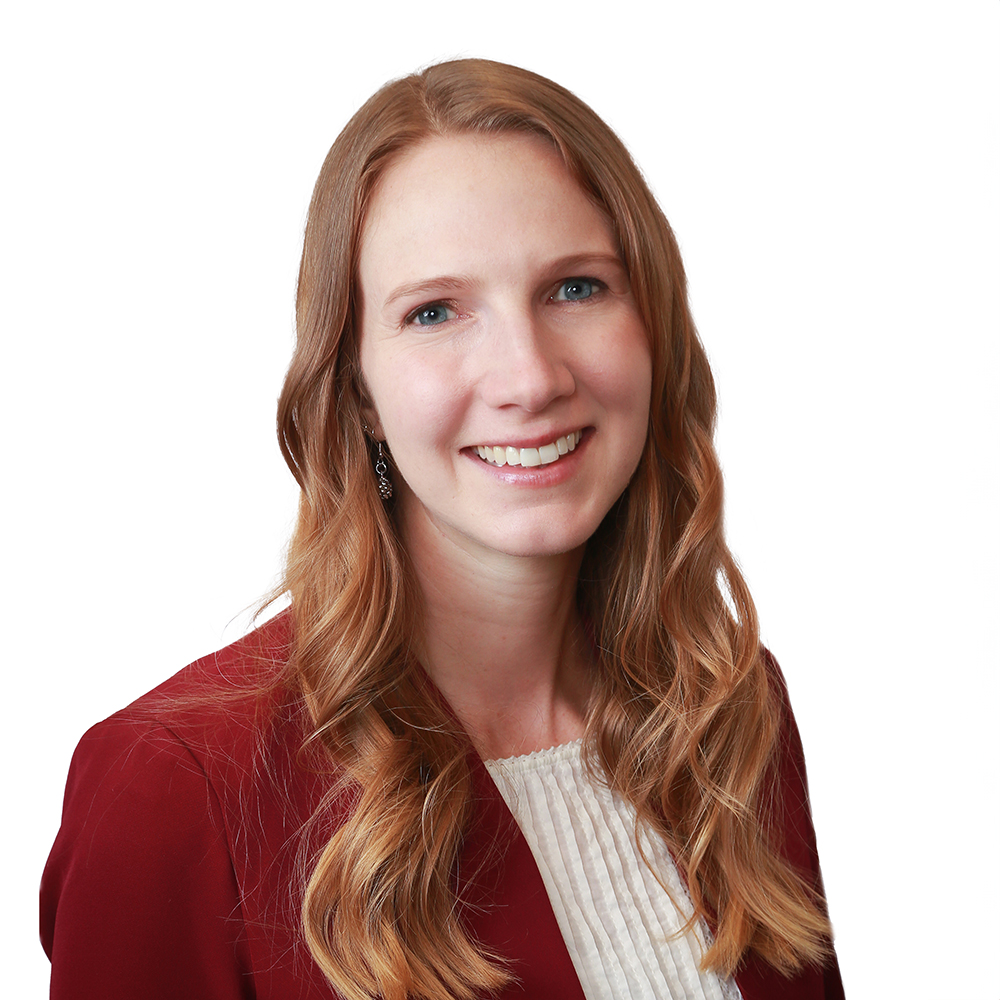In Fall 2023, Colorado officially launched the Universal Preschool (UPK) Program. Every Colorado child is eligible for at least 15 hours of funded preschool the year before entering kindergarten.
With the generous support of the Boettcher Foundation, Early Milestones Colorado conducted an interview series to understand the rural experience of Universal Preschool implementation. Rural child care providers and families face unique barriers when participating in statewide programs. Some barriers include transportation, access to the internet and technology, lack of services, and systems that do not align to rural communities’ needs.
About the interviews:
- 24 interviews with early childhood providers and Local Coordinating Organizations (LCOs)
- Together they represent 32 counties with rural communities across the state
In each of the four rural LCO catchment areas (Northeast, Northwest, Southwest, and Southeast) we interviewed at least one:
- Family Child Care Home (FCCH)
- School District
- Community-Based Center
- Head Start Grantee
- LCO
-
This blog delves into the successes and challenges of Universal Preschool in rural Colorado and provides a set of recommendations for strengthening the program for rural communities in the years to come.
“I do appreciate you letting our small school have a voice, because it definitely is hard. If there are things we want to say, I don’t think our voice is really going to matter as much as the city.”
Successes of Implementation
The three most mentioned successes when interviewees were asked about their experience with Universal Preschool were:
1.) Community Relationships: Many interviewees specifically mentioned that their community banded together during the first year of Universal Preschool to help spread the word, provide services, recruit more providers, and support child care programs.
“We’re really embedded in the community. We know who has young children so we can help them navigate the system and the new application process.”
2.) Impactful Funding: Interviewees mentioned that the funding was able to ease the burden on families who were struggling, help providers maintain or expand operations, and reach more families.
3.) LCO Support: Many providers brought up that their LCO provided high levels of guidance throughout the first year and made a huge impact in the success of their Universal Preschool experience.
Challenges of Implementation
The primary challenges that impeded implementation of Universal Preschool in rural communities were:
1.) Registration: The majority of interviewees voiced frustration with the online registration process. Many said the process was not designed for rural communities, especially communities with only one provider. Several providers noted that some families experienced so many difficulties with the process that they opted out of participating.
“I understand why they’re doing it in the cities, but it makes no sense for us.”
“They just, they gave up. Family after family. [They said] this is too much.”
2.) Communication About Universal Preschool: Many felt that outreach about Universal Preschool was not reaching those most in need of services, including marginalized and unhoused families in rural areas. Providers also mentioned the lack of availability of resources in languages other than English.
3.) Mixed Delivery: Another primary concern was the lack of guidance about the mixed delivery system. Mixed delivery systems spread funding across a variety of different program and provider types to ensure high-quality care.
4.) Transportation and Technology: The majority of those interviewed named transportation and technology as the two biggest barriers facing rural families participating in Universal Preschool. Many mentioned that there was no broadband in their community, and that some families do not have internet access where they live.
Recommendations to Strengthen Implementation for Rural Communities
Each interviewee was asked for their recommendations on how Universal Preschool could be strengthened for rural communities. The top three responses were:
1.) Direct Enrollment: The majority of those interviewed mentioned that direct enrollment would strengthen Universal Preschool implementation. They suggested that the registration process should be simplified to include fewer steps.
2.) Funding: While most of those interviewed said the funding has been impactful, they also recognized the need for additional funding to provide other critical services. The number one support mentioned was mental health services.
3.) Technology Support: Many of those interviewed spoke about the need to better support families through the process, especially with technology.
Conclusion
As rural communities are unique, so was the rural experience of implementing Universal Preschool. Some providers spoke highly of their experience, while others had more difficulty navigating the program. A common theme was that statewide programs are built for urban areas, not rural communities. Statewide programs tend to assume that those participating have access to the internet, technology, transportation, and services such as special education and mental health support. As the Universal Preschool Program enters its second year, there is the opportunity to refine the program with rural experiences in mind.
“It’s gone really well. It’s been great to have that support. Like we’ve talked about the LCO’s been amazing, the children, the families. It’s been really good.”
“The challenges have been too many to count, honestly. I get that it applies to big city Denver, but the rest of us were doing just fine.”
Read the full report here.
keyTakeaways
-
The three most mentioned successes when interviewees were asked about their experience with Universal Preschool were the strength of community relationships, the impact of the funding, and the support of their LCO.
-
The primary challenges that impeded implementation of Universal Preschool in rural communities were the registration process, communication about the program, mixed delivery difficulties, and transportation and technology barriers.
-
Each interviewee was asked for their recommendations on how Universal Preschool could be strengthened for rural communities. The top three responses related to direct enrollment, technology support, and funding.





